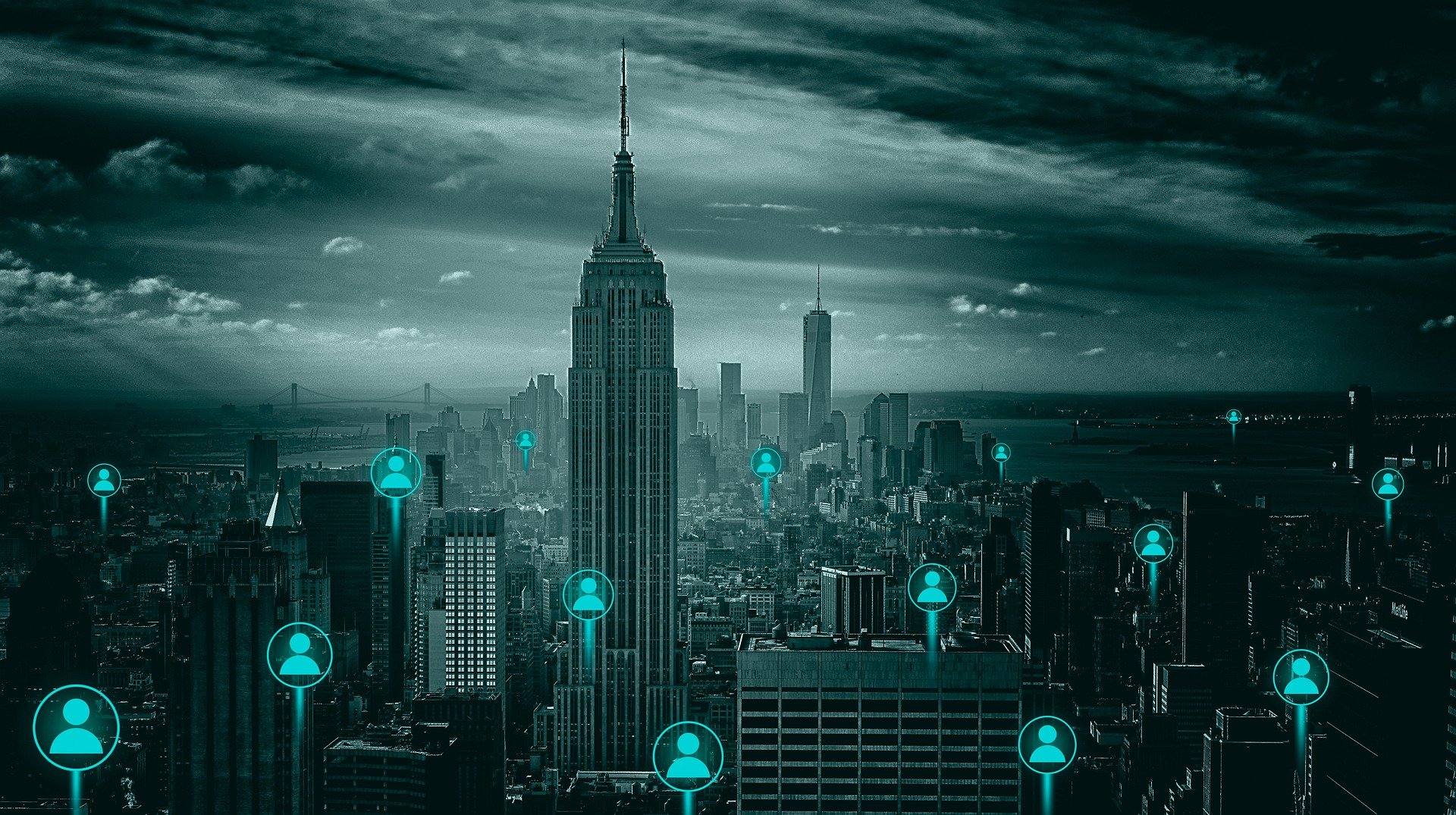Editor’s note: Another inspiring piece from Abi all about social media and its impact on the future of communication. Over the last 12 months, we’ve seen thousands of examples of how social media plays a key role in modern communication. This post offers a great summary of all of that, and really makes me wonder what else is around the corner.
Communication, whether it’s with friends, family or with colleagues largely takes place through the variety of social media platforms available to us today. As communication and information travel faster, the world seems to get smaller. As a result, there are direct changes on how the world communicates, especially with today’s obsession with social media platforms.
Social networks have become the dominant force when it comes to communication. Platforms such as Instagram, Tik Tok and Facebook have no doubt changed the way we interact with one another, but it has also ensured that we stay glued to our smartphones throughout the day.
A statistic has shown that on average people check their phones 58 times a day with more than half occurring during work hours.
Online Education
Just like it has over the years, online resources will become even better with time. In 2020, due to the covid-19 pandemic a lot of people had to study, attend lectures from home. The introduction of platforms such as Microsoft Teams and Zoom were crucial for home-based learning during the pandemic.
It is because of advancements in technology that anybody with a smartphone and internet could attend online lectures and have access to study materials. In the future, technology will have a bigger impact on online education and online resources will become even better as time progresses.
Social media and surveillance
In 2020, the world saw the rise of the Black Lives Matter movement, which started off as a hashtag on Twitter. This movement made people aware of the inequalities and the social injustices happening to people. Recently, footballers have been the target of racist abuse on social media platforms by unidentified accounts.
Social Media tycoons such as Facebook and Instagram have made the decision of banning accounts that send racist abuse. And according to Lucian-Vasile Szabo, developments can be made to increase the intensification of the surveillance process which can help in the identification of people who attempt to disrupt society.
Virtual Presence
As the world adjusted itself under the reality of lockdown and self-isolation during the covid-19 pandemic, several artists and musical institutions hosted virtual concerts for their fans at home. With the help of a social media platforms such as Stageit and Zoom, artists were able to perform for their fans who had booked tickets for the concerts from the comfort of their own homes.
Artificial Intelligence
Today we find ourselves surrounded by AI assistants such as Alexa and Siri that help us put on the music of our choice or order something by a simple voice command. They also have algorithms that help provide better responses after each conversation.
A research study identified the three phases of AI as description, prediction, and prescription. As AI continue learn evolve it will improve machine learning and empower its various functions so that it can perform its functions with greater efficiency.
The internet has drastically changed the way people interact with one another online. There is no predicting how communication might change online. However, we can adapt to see how the new world of communication comes about.
Guest post by Abhishek Majumdar


